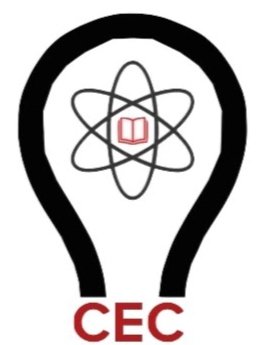By: Crosby Fish
During this year's Cornell Energy Connection (CEC), I took ‘Western Energy’ – previously a leading utility – to the verge of bankruptcy as acting CFO. In the face of a changing energy landscape, my company was over-leveraged, slow to adapt to new technologies, and unprepared for the new competitors rewriting the rules of the energy economy. Even our core business of operating the power grid was under threat from nontraditional players like technology companies building out smart grid infrastructure.
Participants examining the town of 'Newtonia' and its energy needs.
Fortunately for my nonexistent shareholders, ‘Western Energy’ is a fictional company in the energy transition strategy simulation called Newtonian Shift, which featured heavily on the second day of this year's CEC. Originally designed to model the ongoing energy transition for utility executives, the simulation is set up like an intricate board game. Each player assumes a different role, from railroad executives to low-income energy consumers, and must collaborate, transact, or compete with other stakeholders in order to achieve a specific set of goals. The regulatory environment also changed drastically over the course of the game, as the government of ‘Newtonia’ enacts taxes, subsidies, and free trade agreements. Rapid policy changes upended my team’s strategy more than once over the course of the simulation.
As a first-year MBA student seeking to better understand the prevailing structure of the energy industry and the ongoing transition to distributed generation and renewable resources, Newtonian Shift was eye-opening. First, I was actually working alongside practitioners with decades of experience in the utility and energy consulting sectors to solve the challenges in the simulation, which offered a form of networking refreshingly different from the standard happy hour and coffee chat networking settings. Second, the simulation itself highlighted the complexity and the magnitude of the effort required to deploy existing generation and efficiency technologies to adapt our energy system to the 21st century, particularly with accelerating pace of distributed generation. Over the course of the three-year simulation period, the ‘Western Energy’ team lost some of our biggest clients as they invested in wind, solar, and hydro resources.
The CEC as a whole illustrated the passion of the Cornell community for the future of the energy industry. Having spent the prior day absorbing broad industry concepts and developments from professionals throughout the energy industry – including our incredible keynote speakers Katherine Hamilton and Jigar Shah – the simulation offered an opportunity to watch some of these trends unfold in ‘real’ time. Those of us lucky enough to participate in the CEC and Newtonian Shift left the event better informed and better able to navigate the changing energy world. I, for one, am already looking forward to CEC 2017.


